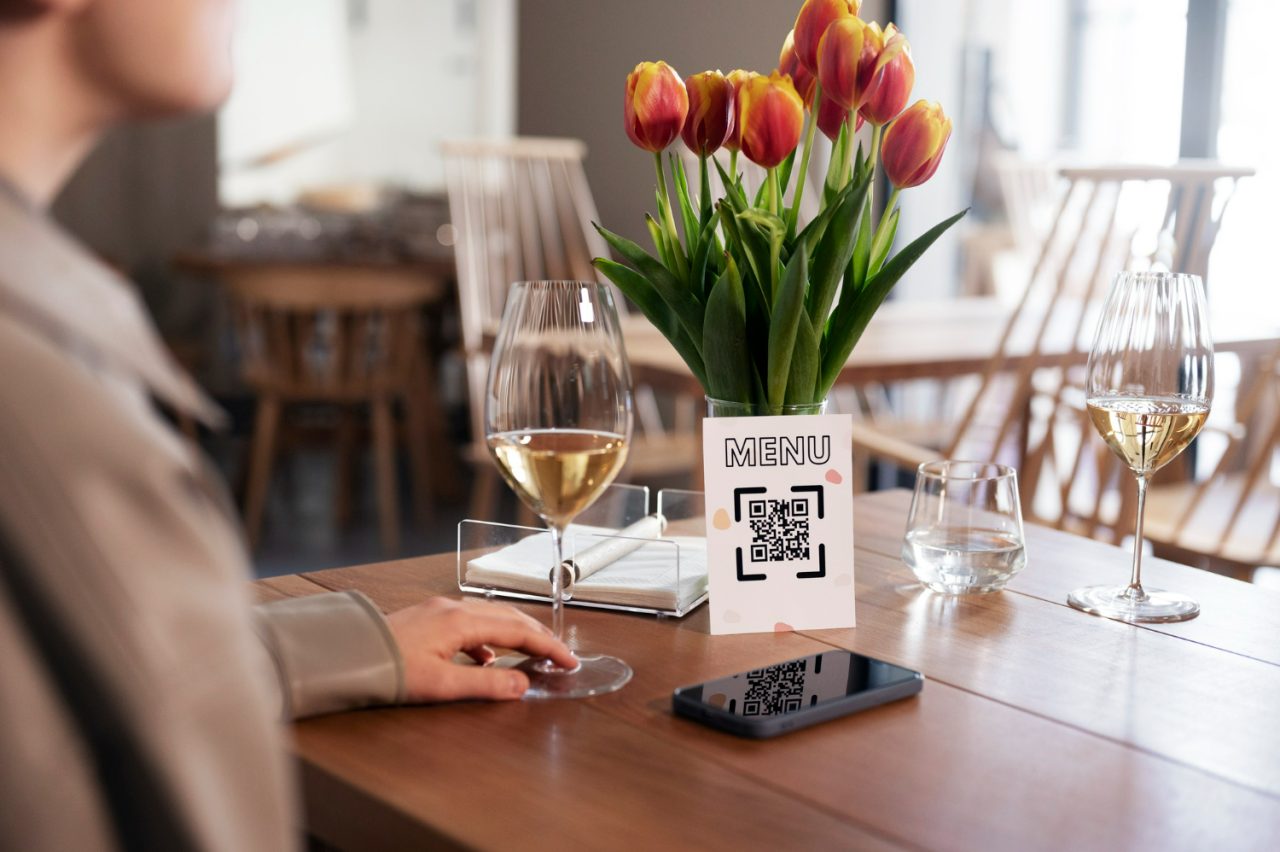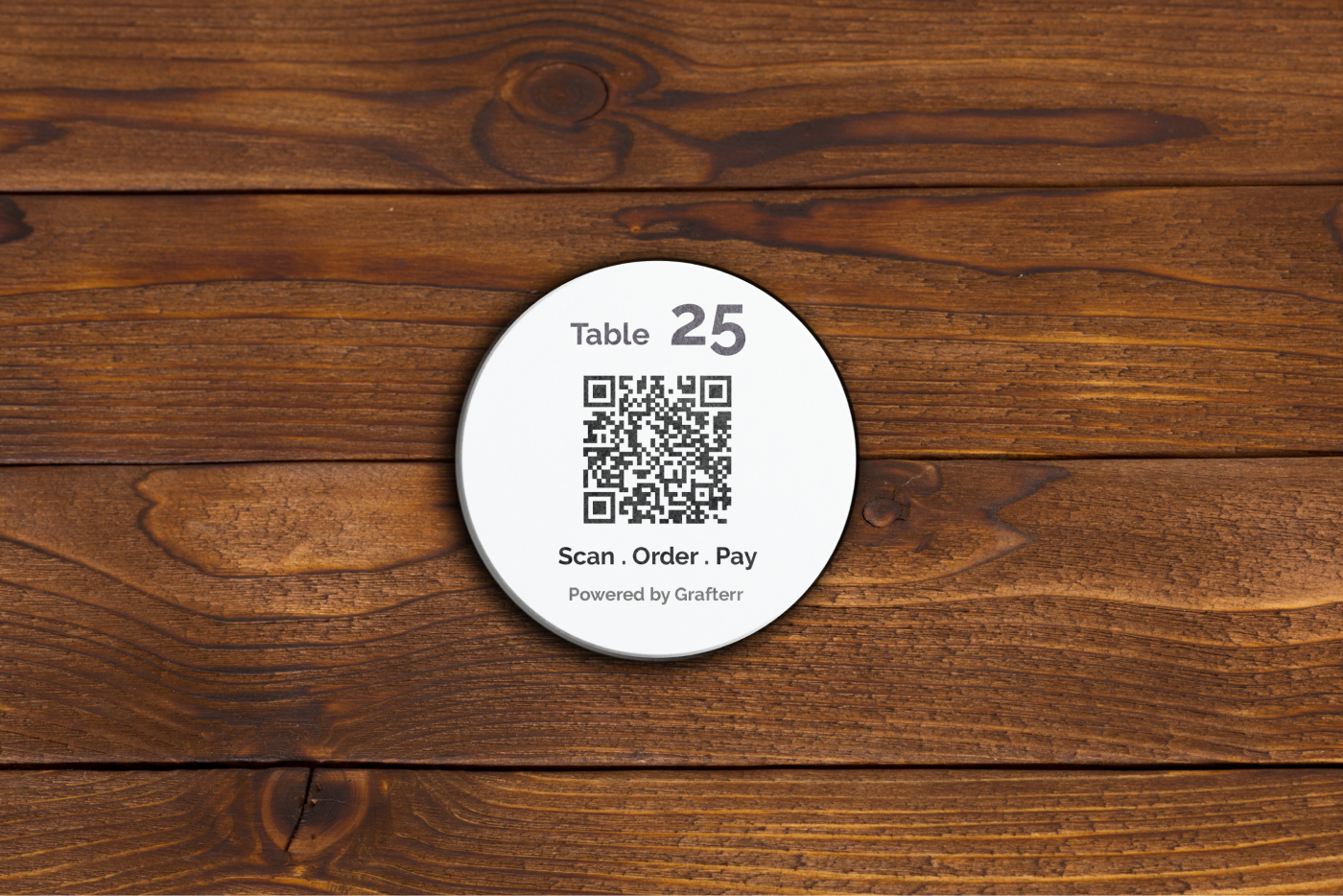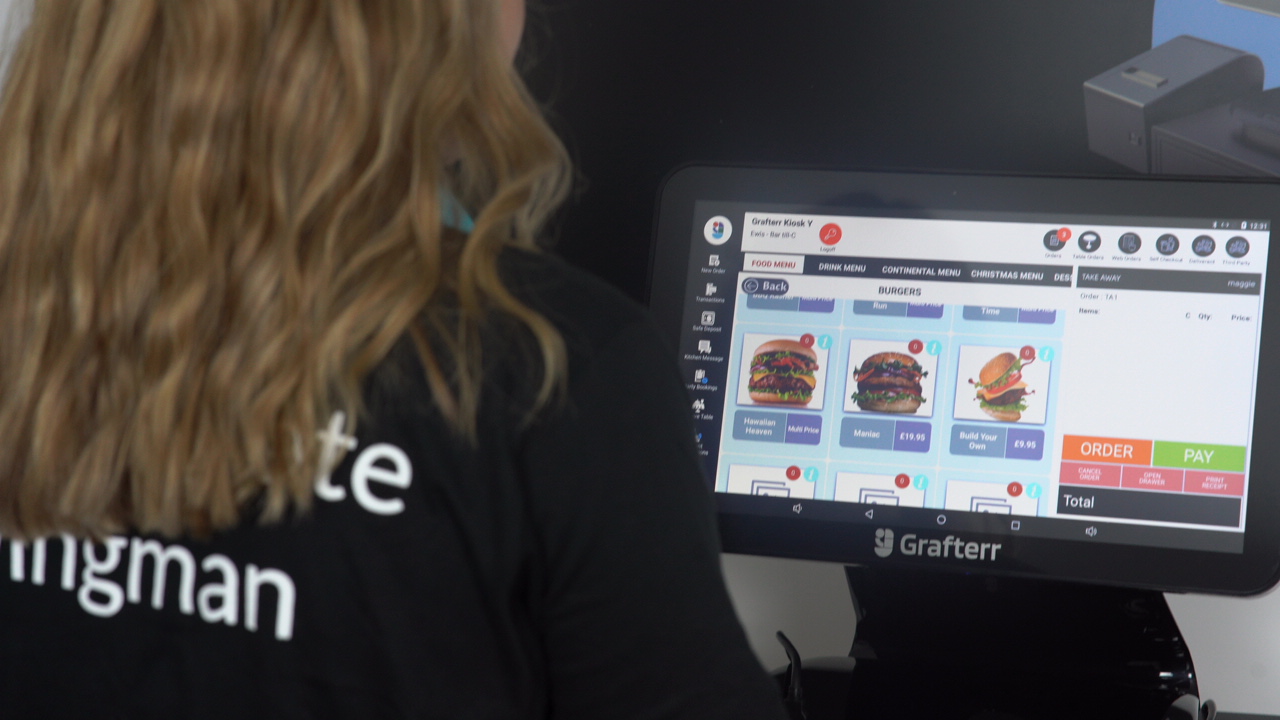The push for environmentally friendly business practices has become more pronounced. One area where this shift is notably impactful is in the hospitality sector, particularly in the adoption of QR codes as an alternative to traditional paper menus.
This move not only aligns with eco-friendly initiatives but also offers a slew of operational benefits. Traditional paper menus, a staple in restaurants, cafes, and bars, have long been overlooked as a significant source of environmental strain.
To produce a single ton of paper, an estimated 24 trees are cut down, leading to a staggering loss of forest cover annually.
When considering the lifecycle of a restaurant menu—from production to disposal—the environmental implications become even more pronounced.
The process of printing menus, often requiring frequent updates due to seasonal changes or pricing adjustments, adds to the ecological footprint through ink usage, energy consumption, and waste generation.

The toxic byproducts of printing inks and the greenhouse gases emitted during the production and transportation of paper contribute significantly to pollution and climate change.
This reliance on paper menus not only exacerbates deforestation but also undermines efforts to reduce waste and promote recycling, as many menus are discarded after brief periods of use or minor alterations in offerings.
Transitioning to QR codes as a green alternative presents a viable solution to mitigate these environmental impacts.
By embracing digital menus, the hospitality industry can significantly reduce its reliance on paper, curb deforestation, and lower its carbon footprint, paving the way for a more sustainable and eco-friendly future.
Reducing paper waste
The hospitality industry is notorious for its high consumption of paper, primarily through the use of disposable menus.
The switch to QR codes significantly cuts down this demand. By transitioning to digital menus, businesses can virtually eliminate the need for paper, directly contributing to a reduction in deforestation and waste management issues.

This simple change can save thousands of sheets of paper, considering the frequency with which menus are updated or replaced in a typical establishment.
Lowering carbon footprint
The production and disposal of paper contribute significantly to carbon emissions. The lifecycle of paper involves logging, transportation, processing, and eventually, waste management — each step emitting carbon into the atmosphere.
Digital menus, once implemented, require minimal energy for maintenance and updates, offering a stark contrast in terms of environmental impact.
Enhancing sustainability efforts
Adopting QR codes for menus is more than an operational decision; it’s a commitment to sustainability. This approach aligns with broader environmental goals, such as reducing resource consumption and minimizing ecological footprints.
It also reflects positively on a brand’s image, showcasing a dedication to preserving the environment.

Encouraging a circular economy
Beyond the immediate environmental benefits, the move towards digital menus encourages the principles of a circular economy.
By reducing the need for physical resources and promoting the reuse of digital platforms, businesses can contribute to a more sustainable economic model.
This not only conserves resources but also fosters innovation in digital solutions for the hospitality industry.
In conclusion, the adoption of QR codes as an alternative to paper menus presents a significant opportunity for environmental conservation.
This shift not only reduces the ecological impact associated with paper production and waste but also aligns with broader sustainability goals.
As the hospitality industry continues to evolve, the integration of eco-friendly technologies like QR codes will play a crucial role in shaping its future, both environmentally and operationally.





